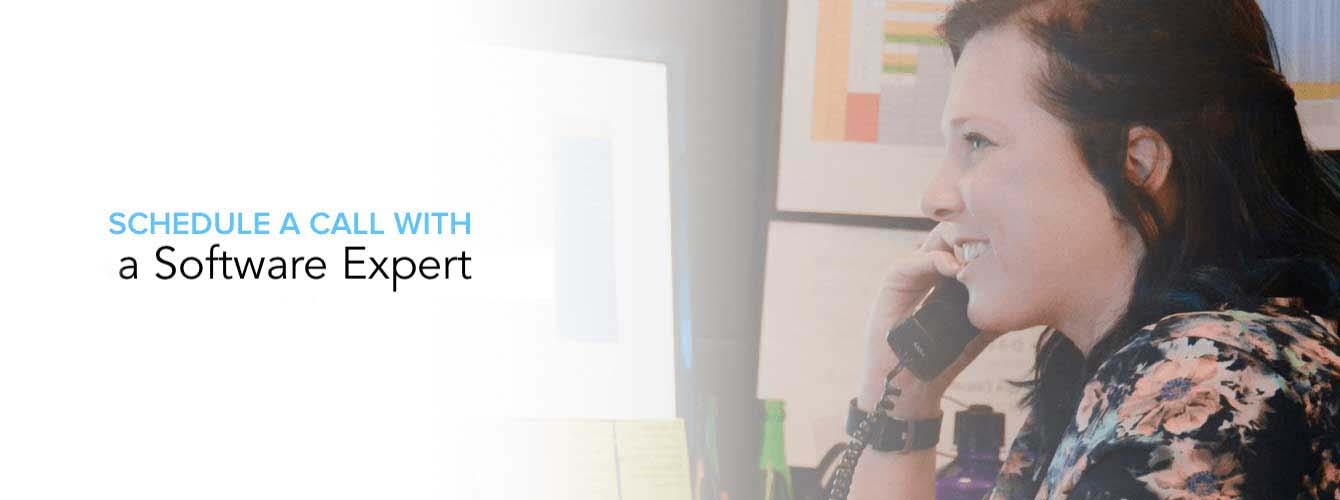Churches are some of the most complex entities, especially when it comes to legal and administrative responsibilities. Keeping accurate giving records, understanding housing allowances, understanding special tax laws and even figuring out the most recent parking lot tax change to name a few. But church administration can be so much more than just legal obligations. Technology can now allow you to achieve legal tasks and personal communication; be informational and relational; answer calls and reach people outside of your walls.
Technology is not only something you're going to have to come to grips with, it is necessary! You must integrate technology into how you operate as a staff and communicate as a church. Why?
In the midst of your church's administrative responsibilities is the most valuable asset you have - your people! Church leaders are responsible for overseeing, organizing and running events for a variety of ministries, ensuring communication and collaboration happens among staff and other leaders, are responsible for nurturing spiritual growth among attenders, and making sure visitors get acclimated. And all of this (and more) can be done within one
 .
.
"...technology can help accelerate and scale good strategies in powerful ways."
Add to that complexity, the reality that doing church is no longer limited to on-campus events but can also mean small groups and multisite campuses scattered across a city or region. How do you unify everyone and everything without driving yourself crazy? This is the heartbeat behind
 . We believe technology can help accelerate and scale good strategies in powerful ways. This is our goal at Church Community Builder... to provide an amazing system which can empower the processes that drive ministry.
. We believe technology can help accelerate and scale good strategies in powerful ways. This is our goal at Church Community Builder... to provide an amazing system which can empower the processes that drive ministry.

Based on our daily conversations with churches all over the globe, here are four expectations we MUST meet as we align Church Community Builder's technology with ministry processes:
Clear communication
Leaders want one streamlined tool through which communication is unified and organized in a very targeted fashion. Shotgun messaging is no longer acceptable, but intentional communication giving clear next steps based on one person's faith walk is crucial to moving the mission of the church forward, one relationship at a time. Maintaining updated names and addresses is part of smooth communication, your church management software can be more than just a database.
Increased accountability
Whether it is finances, time, or people, church leaders want to aggregate data for better accountability, decision making, and intelligence about what's working and what's not. You don't need a report printed each week that will sit on your desk until it gets moved to the trash or replaced the next week. Get an in-depth look at your people. Knowing their story through their history, involvement, spiritual gifts, and more will help your leaders focus their discipleship efforts.
Improved metrics
Leaders want easy access to their data and the ability to manipulate that data through standard and ad hoc reports as needed. A robust
 which eliminates data silos ensures an accurate and complete picture is cast. You should be able to customize metrics that you know influence the story and mission of your church.
which eliminates data silos ensures an accurate and complete picture is cast. You should be able to customize metrics that you know influence the story and mission of your church.
Increased awareness of impact
Church leaders feel the pressure to communicate more clearly and specifically to their church members. The more access you give to individuals, the more you transfer ownership and buy-in. This often translates into a larger church "core" and greater impact. Your
 should allow you to empower your leaders to lead confidently. As you empower leaders, you are able to reach more people in a meaningful way.
should allow you to empower your leaders to lead confidently. As you empower leaders, you are able to reach more people in a meaningful way.
Here are some key features to look for in your church administration or management systems:
- Check-in - Make your Sunday checkin process fast, simple and safe. Make sure this feature ties into the entire management system so you can capitalize on guest follow-up and attendance drop-off on a relational basis.
- Groups Management - Track attendance and help the people in your ministry connect. Be able to make personal invites to those that are not involved in groups.
- Volunteer Management - Stay organized and communicate effectively.
- Registration Management - Ability to create intuitive web forms for ease in registration specific for your events, classes, etc.
- Mobility - Ministry happens everyday of the week, and often outside of the church walls. Be sure you are able to stay connected to your people, even on the go!
What other expectations do you have from your ChMS? How does your ChMS help you do church better?
What's your next step?
We are honored to partner with and serve 4,000 churches. Each one of our partner churches have unique needs and methods that work for their ministry. We have software experts ready to hear about your vision, mission, roadblocks and goals to find the best software fit for you!
 today!
today!



